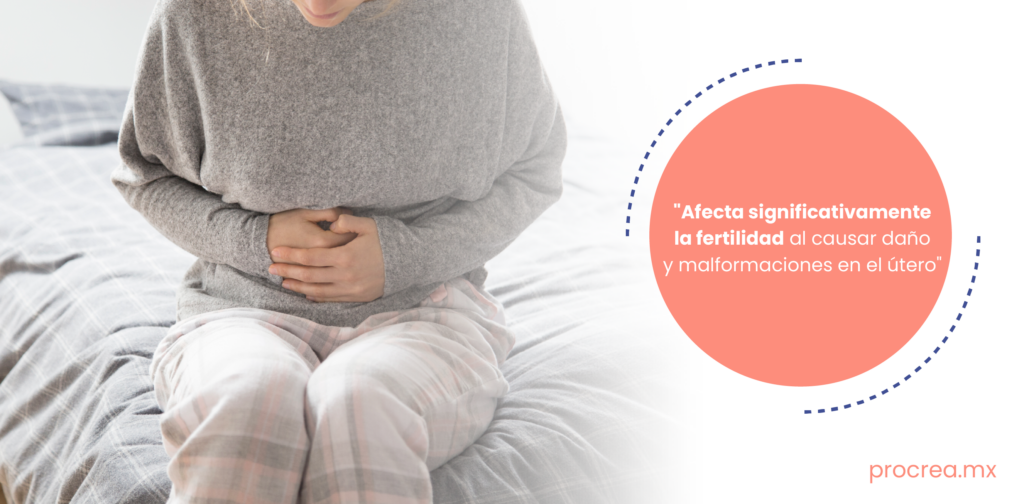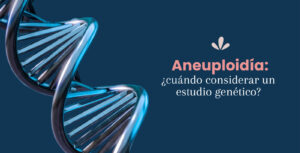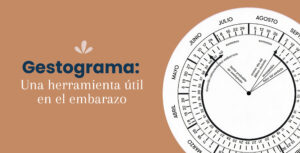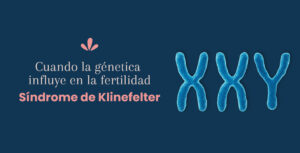- Asherman's Syndrome is a little-known condition, but it has a significant impact on a woman's ability to achieve and carry a pregnancy to term. This condition is characterized by the formation of adhesions or scar tissue within the uterus, resulting in a reduction in its size. Here, we provide more information about this condition and the alternatives for a successful pregnancy.
What is Asherman's Syndrome?
Also known as uterine synechiae, this syndrome is characterized by the presence of scar tissue with a high fibrous content that can cause deformities in the uterus. The causes of Asherman's Syndrome vary, but they are mostly related to invasive procedures in the uterus, such as dilatation and curettage (D&C) following a miscarriage, induced abortion, or during the removal of polyps. It can also arise as a result of uterine surgeries to treat other conditions, like fibroids or endometriosis.
Some of the symptoms include:
- Irregularities in the menstrual cycle
- Pelvic pains
- Recurrent miscarriages
How Does Asherman's Syndrome Fertility
This syndrome significantly affects fertility by causing damage and malformations in the uterus. The scar tissue adhesions can partially or completely obstruct the cervical canal, leading to menstrual irregularities or amenorrhea. Due to these malformations, the implantation of the fertilized egg in the uterine wall becomes challenging, reducing the chances of a successful pregnancy.
If pregnancy is achieved, the adhesions can increase the risk of spontaneous abortion due to a uterine environment lacking the necessary conditions for embryonic development. In more severe cases, the adhesions can completely block the uterine cavity, resulting in infertility.
Alternatives to achieve pregnancy
The possibility of a successful pregnancy can vary depending on the severity of the adhesions. For women facing Asherman's Syndrome, several alternatives can assist them in their quest for a baby, such as:
- Removal of the adhesions or scar tissue within the uterus using hysteroscopy.
- In more complex situations, reconstructive surgery may be required to restore the normal anatomy of the uterus.
- In cases of severe In Vitro Fertilization is an excellent option.
It's important to note that not all women with the syndrome experience the same levels of fertility impairment. Timely diagnosis and appropriate treatment can help overcome these challenges and achieve successful pregnancies. At Procrea we have fertility specialists and assisted reproduction experts who will guide you on the best treatment for your specific case. Please reach out to us, and we will be happy to support you. us , and we'll be delighted to assist you.















